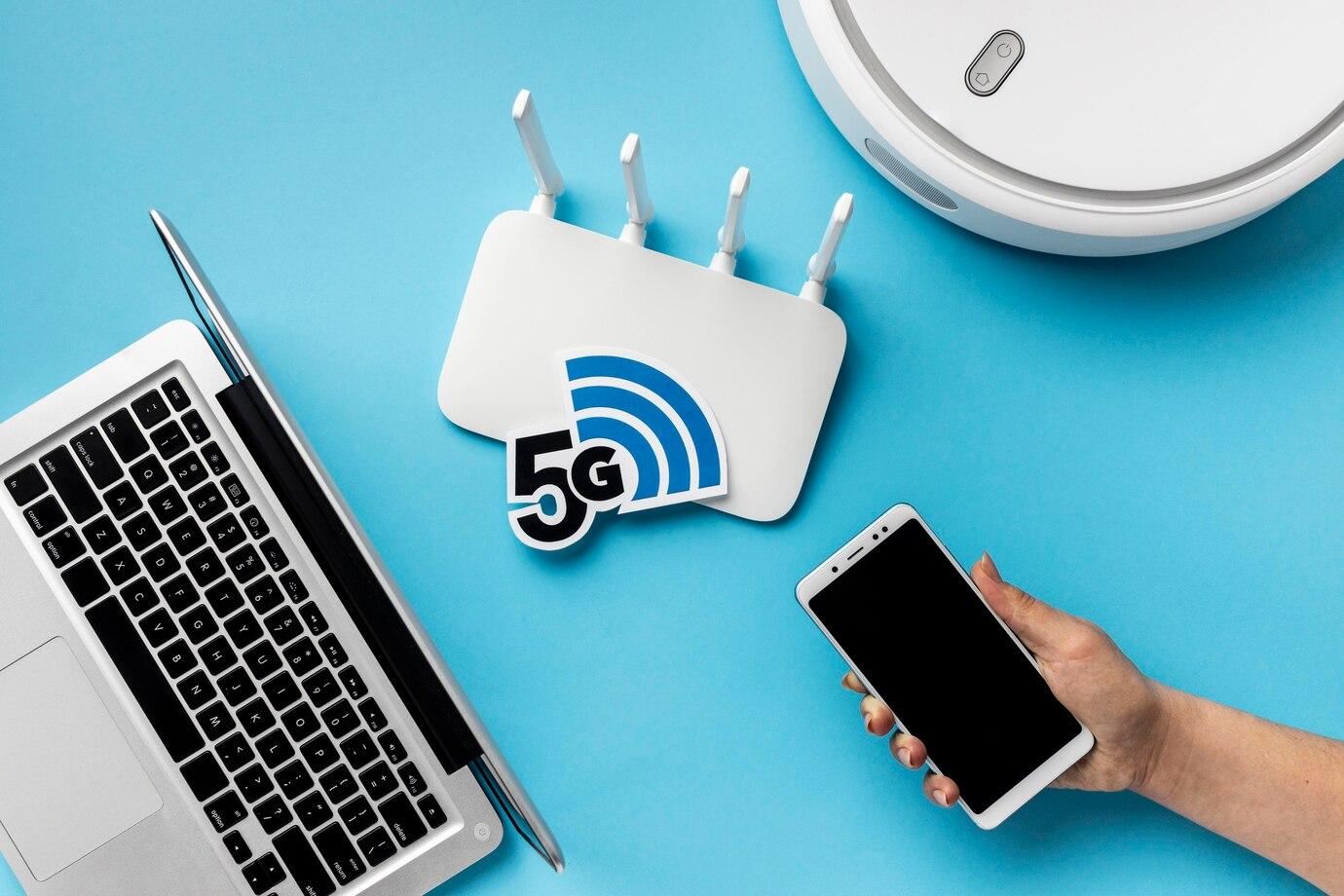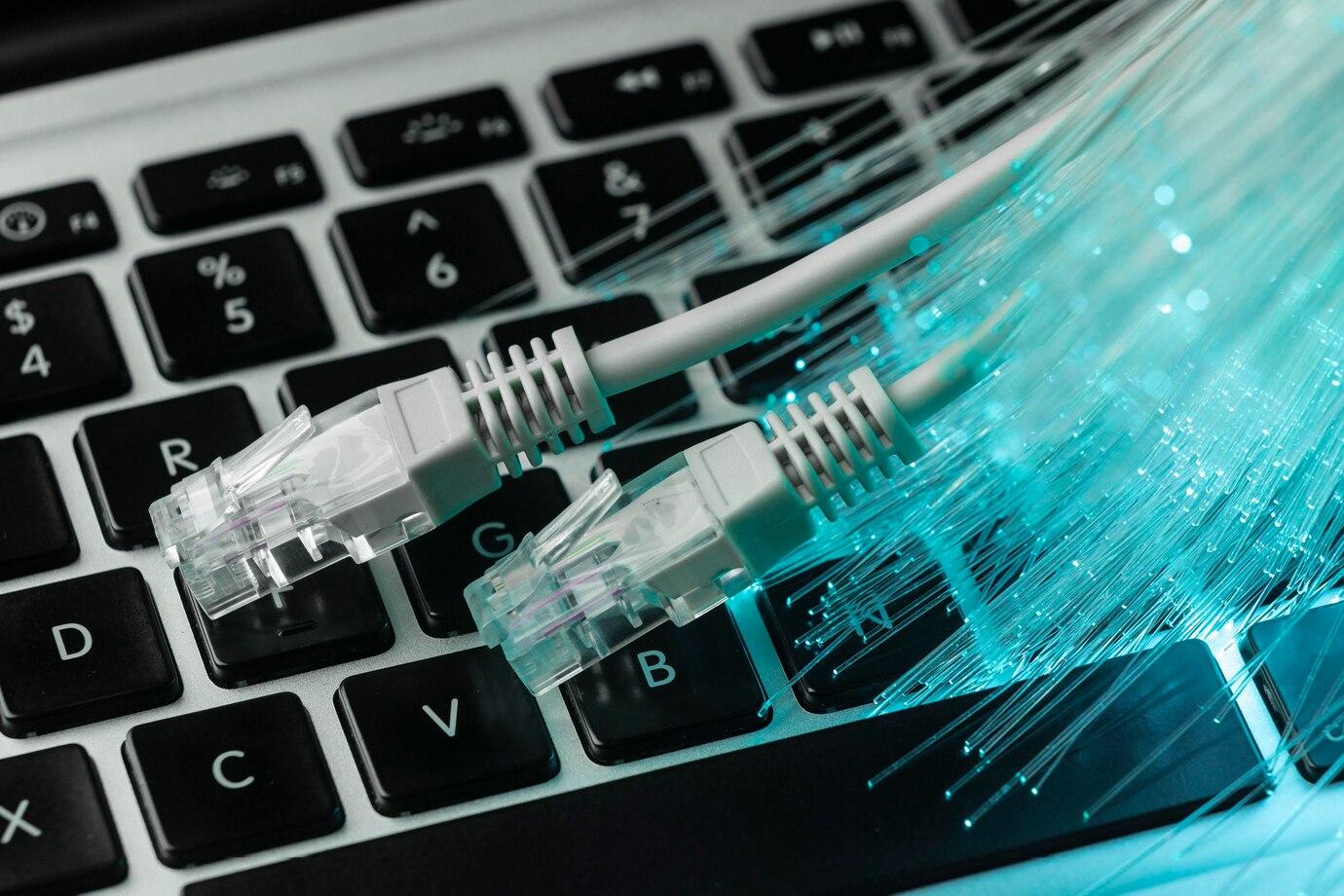In recent years, the world has become more dependent on the internet. With the development of technology, the number of internet service offers has increased. Unfortunately, this situation has led to fraudsters finding new ways to deceive users. One of the most common types of fraud has become schemes related to fake internet providers.
Internet Providers and Fraud
Fraud in the field of internet services covers a wide range of actions. This can include the creation of fake internet providers, unscrupulous connections, the sale of non-existent tariffs, and issuing fake bills. In most cases, the victims are inexperienced users who do not know what to look for when choosing a provider.
This fraud has become possible due to several key factors.
- Firstly, the rapid growth in the number of internet users creates a significant market for fraudulent schemes.
- Secondly, the lack of information about consumers' own rights and opportunities leads to many not knowing where to turn for help.
- Thirdly, developing technologies allow fraudsters to more effectively hide their tracks, creating deceptively realistic websites and services.
Internet Connection Scams
One of the most common fraud schemes is deceptive connection to internet services. Fraudsters may offer clients services that do not really exist or provide low-quality products under the guise of full connection to high-speed internet.
The deception process begins with advertising that looks very attractive. Fraudsters may use "cold calling" methods or send email newsletters with attractive offers. It is also possible to create websites with enticing service prices. When a client starts communication, the provider may offer them to sign a service contract, often bypassing standard rules, and the client does not always understand what they are signing.
After signing the contract, fraudsters may either simply not show up for the connection or connect the client to a cheap and non-working internet service. Subsequently, clients face numerous problems, such as lack of connection, low speeds, or constant disconnections.

Provider Tariff Frauds
Another common scheme is tariff frauds. Fraudsters may offer incredibly low prices for services, but in the future, users face considerable charges and hidden fees.
Fraudsters can create various service packages with enticingly low prices, but as a result, additional options are connected that the user was not informed about. Most often, this deception includes hidden fees for "maintenance" or "technical support." Such options can significantly increase the user's final cost.
Fake Internet Bills
After the client has signed the contract, fraudsters may start issuing bills. Moreover, the bills can be both real and fake. Firstly, always check the stated conditions. If the contract contains a lot of fine print or "unclear" conditions, this may be a signal that you are dealing with a fraudster. Always keep copies of bills and monitor their consistency with the services provided.

Fake Internet Services
Another way of fraud is providing fake internet services. This may include connection to fake Wi-Fi networks or the sale of virtual services that do not actually exist.
One of the clear signs of fraud is the lack of licenses and certificates from the provider. Legal companies are always ready to provide consumers with all the necessary documents and contact information. If the provider's website does not list addresses and phone numbers for support service, this may be an indication of fraud.
Attention should also be paid to technical support. If during or after the connection you cannot reach them or get support, this may mean that you are dealing with fraudsters. Genuine companies always provide some form of support to their clients.

How to Check a Provider
Before engaging with a specific internet provider, it is important to conduct a thorough check. There are several steps that can help protect you from potential fraud.
Checking Licenses and Certifications
Legal internet providers must have all the licenses and permits necessary to provide their services. You can verify the presence of licenses on the official website of the regulatory authority in your region.
Comparing Rates
Compare the offered services and their costs with other providers in the market. If the rate is significantly below the market average, be wary. This may be a sign that some services will be "added" later or may not be available at all.
Refer to Reviews
Check reviews about the company online. Review sites, forums, and social networks can give you an idea of other clients' experiences.

Fraudsters Among Providers
Some internet companies may resort to internal structure fraud, misleading clients about their status or offered services. This is a serious problem, and it is important to be cautious even if you are collaborating with a well-known and respected company.
Pay attention to the company's history and reputation. Contact other clients to learn about their opinions on the services provided. If there are any suspicions, it is better to consider alternative options.
Internet Connection Scam
The internet connection scam can take various forms, from fake companies to using naive marketing strategies. It is very important not to rush and consider all possibilities before making a decision about connecting.
In every case, it is worth carefully reading the terms and monitoring what is being offered to you. Before signing any contract, make sure you understand all its points. If something seems suspicious, it is best to postpone signing the document until all details are clarified.
Fraud with fake internet providers is a serious and growing problem that requires attention and action from users. It is important to understand that protection against fraud begins with awareness. Check providers, compare rates, gather information about possible services.


